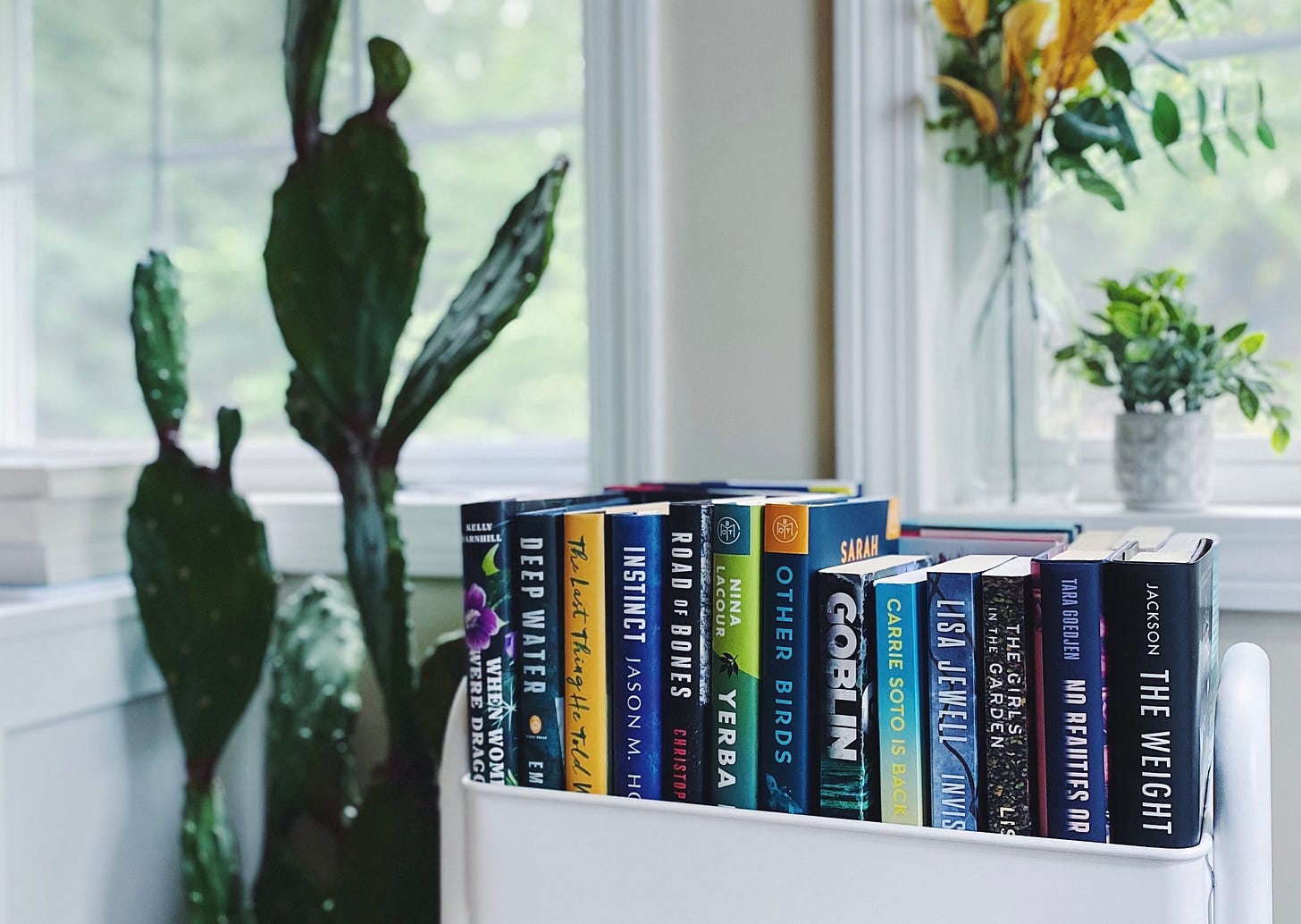So you're stuck in the query trenches...
Some insights into why agents might be rejecting your book
Recently,
asked (I’m paraphrasing) how to evaluate a project and determine why it might be getting rejected by agents, especially if readers/other writer friends love it.First off, Liz, I’m sorry to hear you’ve been facing rejection. It stinks. On the plus side, you are far from alone. Every writer out there, aspiring or published, has been rejected. A…
Keep reading with a 7-day free trial
Subscribe to From the Desk of Erin Bowman to keep reading this post and get 7 days of free access to the full post archives.


